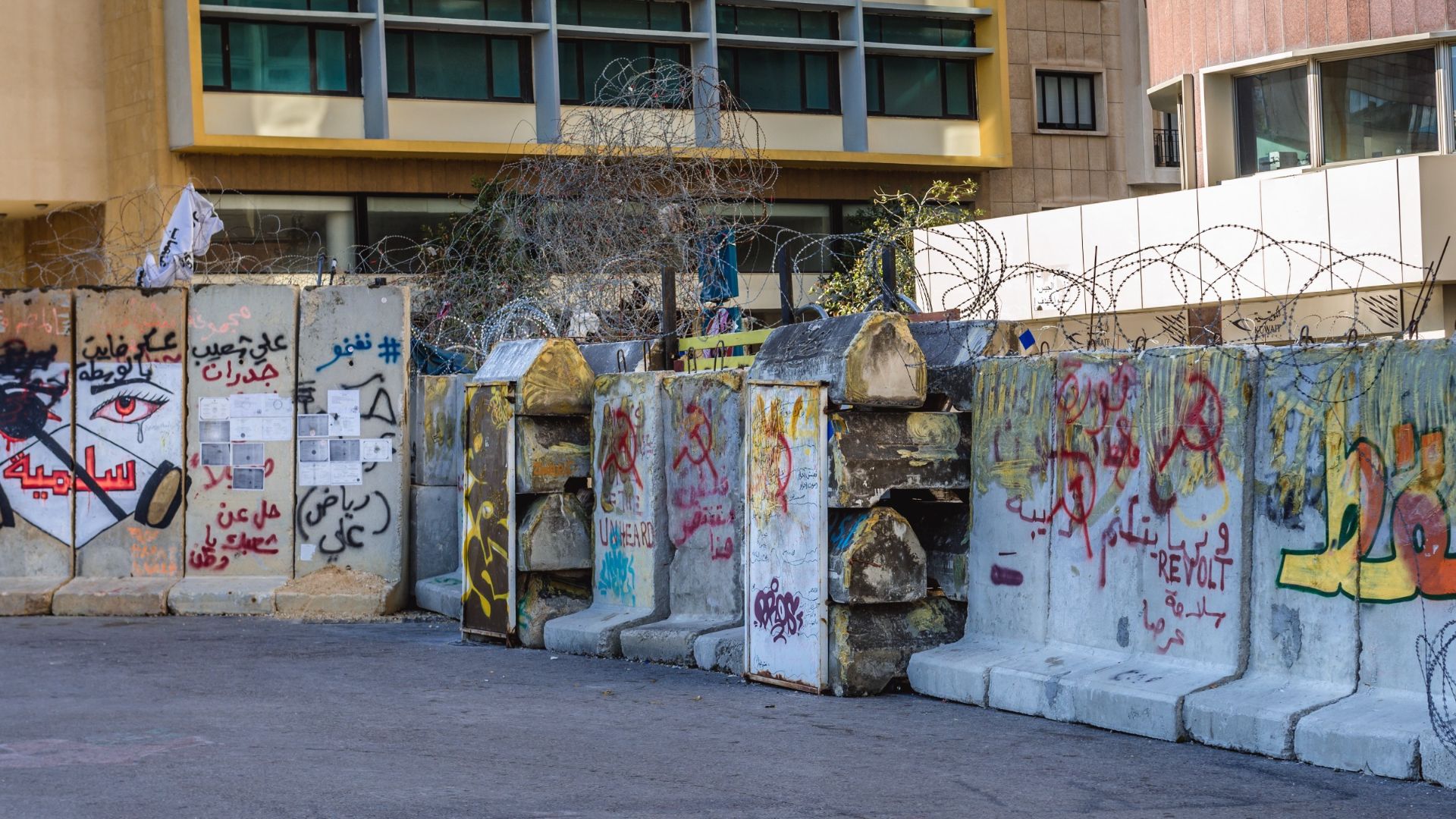In a brazen and disconcerting move, the Cabinet of Lebanon recently provided a decree permitting the Central Bank to issue a circular that sets limits on deposit withdrawals, effectively circumventing the parliamentary process. This maneuver stands as a glaring testament to a growing disregard for the established legal process and the institutional frameworks that underpin Lebanon’s democracy. The Cabinet’s motivation for this extraordinary step is clear: to shield the banks from lawsuits, many of which implicate Cabinet members themselves, and protect their personal interests tied to the banking elite.
This action is as shameful as it is untransparent, and it is further tainted by the fact that it comes in the lead-up to a high-profile case against the Central Bank Governor, whose records could potentially expose the murky dealings between politicians and banks.
The Cabinet’s audacious move is an unsettling portent of a future where power is concentrated in the hands of the few, with little regard for institutional checks and balances. It paints a picture of a nation where the Cabinet unilaterally makes decisions while systematically rendering other institutions defunct.
At the heart of this issue is the age-old problem of money and power. As we have detailed before, many members of the Cabinet have direct or indirect links to the banking sector. These ties have created a system of mutual protection, where public officials bend or break the rules to safeguard their private interests. This cross-contamination of banking and public office has made a mockery of the principles of public service and accountability.
Yet, beyond the immediate wrongdoing, the Cabinet’s move also represents a deeper, more systemic issue. It reveals a government that has become so entangled with the banking sector that it is willing to violate the Constitution to shield it from scrutiny. This is not just a legal or economic issue, but a profound crisis of governance.
In a healthy democracy, different branches of government provide checks and balances on each other’s power. When one branch, like the Cabinet, oversteps its bounds, it is an attack on the entire system. In bypassing Parliament, the Cabinet has shown that it is more interested in protecting its interests than upholding the democratic process.
After 3.5 years of financial crisis, the people of Lebanon are tired. But this is not the time for complacency. The Cabinet, who passed the law during its last session, is betting on the fact that they have ground down the Lebanese. But they have not, and they will not.
It is vital for the people of Lebanon to recognize and resist this encroachment on their democratic rights. They must demand accountability from their leaders, insist on the separation of powers, and fight for the preservation of their democratic institutions. They must not allow this egregious act of overreach to become the norm.



